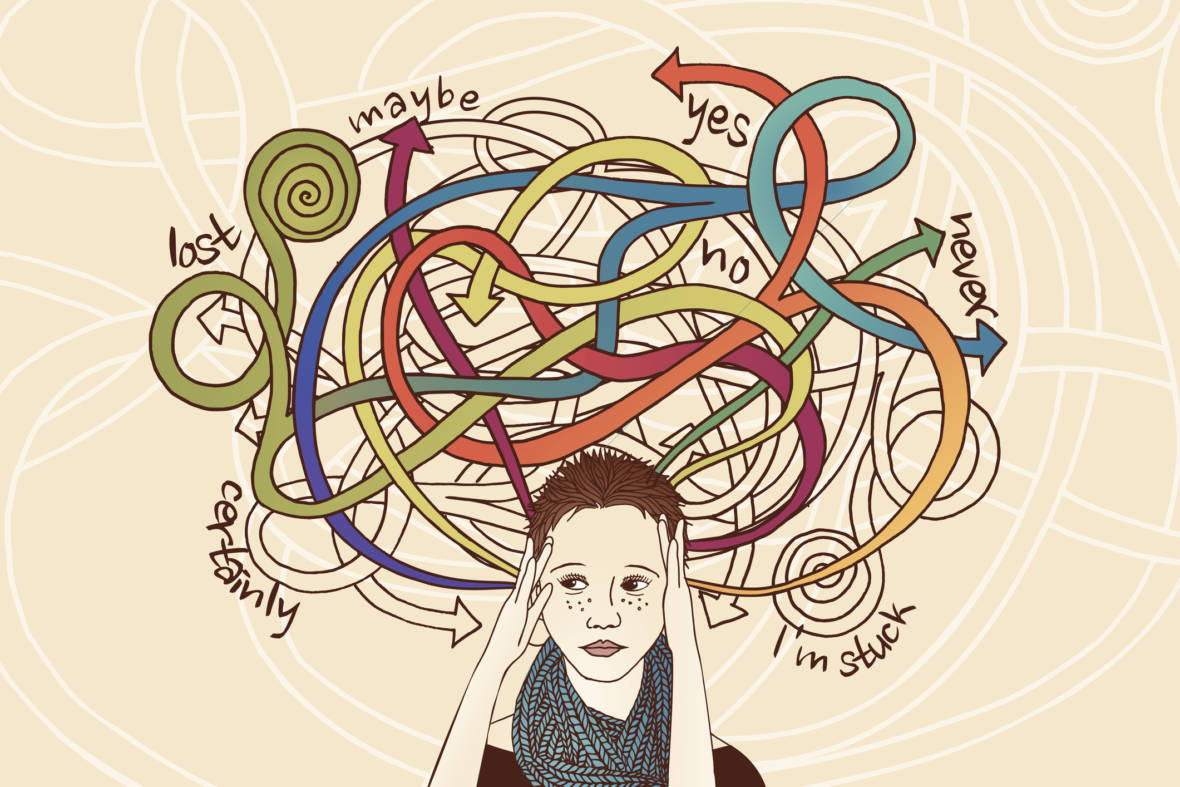When we talk about mental health care, our focus often lies with the patients — and rightfully so. They’re vulnerable, misunderstood, and in need of empathy and treatment. But in the shadows of their healing, there’s another group silently bearing the burden: psychiatric healthcare workers . Psychiatrists, nurses, therapists, social workers, and aides make up a dedicated team that forms the backbone of any psychiatric care facility. These individuals step into work each day knowing they may face unpredictability, violence, and deep emotional strain — all in service of helping others find the light again. But who takes care of the caregivers? The Hidden Dangers in the Ward While hospitals make efforts to minimize risks, the psychiatric floor is inherently one of the most dangerous environments in healthcare. Patients dealing with severe mental illnesses like schizophrenia or psychosis can, at times, exhibit erratic or violent behavior. In fact, patient assaults are a harsh reality ...





